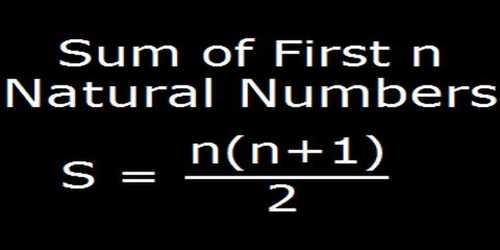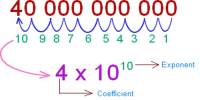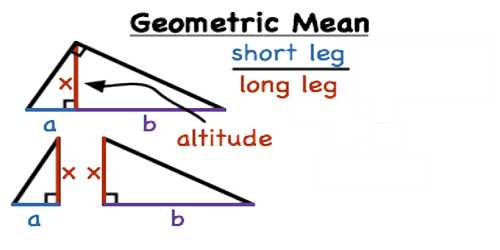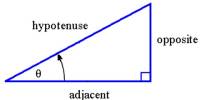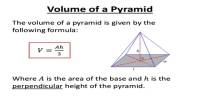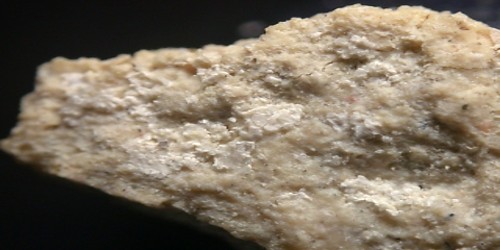Sum of First n Natural Numbers
Natural Numbers are the positive integers (whole numbers) 1, 2, 3, etc., and sometimes zero as well. Let S be the required sum.
Therefore, S = 1 + 2 + 3 + 4 + 5 + ……………….. + n
Clearly, it is an Arithmetic Progression whose first term = 1, last term = n and number of terms = n.
In mathematics, an arithmetic progression (AP) or arithmetic sequence is a sequence of numbers such that the difference between the consecutive terms is constant. It is a sequence of numbers in which the consecutive terms (beginning with the second term) are formed by adding a constant quantity with the preceding term.
Therefore, S = n/2 (n + 1), [Using the formula S = n/2 (a + l)]
Solved examples to find the sum of first n natural numbers
- Find the sum of first 25 natural numbers.
Solution:
Let S be the required sum.
Therefore, S = 1 + 2 + 3 + 4 + 5 + ……………….. + 25
Clearly, it is an Arithmetic Progression whose first term = 1, last term = 25 and number of terms = 25.
Therefore, S = 25/2 (25 + 1), [Using the formula S = n2n2(a + l)]
= 25/2 (26)
= 25 × 13 = 325
Therefore, the sum of first 25 natural numbers is 325.
- Find the sum of first 100 natural numbers.
Solution:
Let S be the required sum.
Therefore, S = 1 + 2 + 3 + 4 + 5 + ……………….. + 100.
Clearly, it is an Arithmetic Progression whose first term = 1, last term = 100 and number of terms = 100.
Therefore, S = 100/2 (100 + 1), [Using the formula S = n/2(a + l)]
= 50(101)
= 5050
Therefore, the sum of first 100 natural numbers is 5050.
Information Source;
